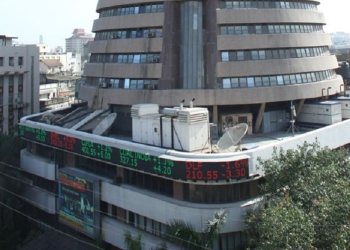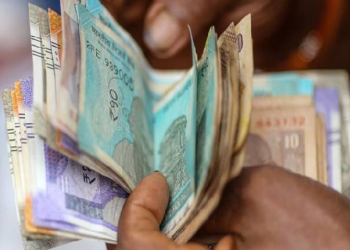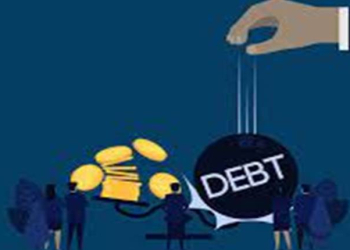New Delhi: The Group of Ministers (GoM), reconstituted to examine taxation of casinos, racecourses, and online gaming, recently met industry bodies and leading operators to discuss the valuation approach for GST in Online Gaming and attempted to understand how Online Skill Gaming is different from Betting and Gambling.
The GoM heard the legal distinction between online ‘games of skill’ and ‘games of chance’. Leading industry representatives of the online gaming industry along with tax advisory firms shared multiple Supreme Court and High Court rulings, that for over seven decades, have affirmed a clear legal distinction between games of chance, which fall under betting and gambling, and games of skill which do not.
As per rulings of multiple Courts, ‘games of skill’ are legitimate business activities protected under Article 19(1)(g) of the Indian Constitution since they do not fall under the purview of ‘gambling’. These precedents have repeatedly emphasized that games of chance constitute gambling activity while games of skill do not.
Therefore, there cannot be an oversimplified categorisation under which both types of games are be treated at par with each other.
Most recently in August 2021, the Madras High Court acknowledged that a game involving substantial skill would not amount to gambling. The judgment also protected online gaming and the nuances surrounding it, thus, clearing the ambiguity between games of skill and games of chance as well as legitimacy of online skill games in India. In another landmark judgement, the Karnataka High Court overturned the provisions of the Karnataka Police (Amendment) Act, 2021 in February 2022 and stated that games of skill do not metamorphosize into ‘betting or gambling’ irrespective of whether they are played for stakes or simply because they are played online and are therefore constitutionally protected activities.
Highlighting the legal status of online skill games in India, E-Gaming Federation (EGF), an organisation representing top online skill gaming operators in India urged the GoM to clarify their recommendations and requested them to make a distinction in categorising ‘games of skill’ from ‘betting and gambling’ both for levying GST rates as well as the basis of the valuation methodology.
Currently, 18% GST is levied on the commission (Gross Gaming Revenue or GGR) collected by the online skill gaming platforms. This rate is in line with global best practices and international tax structures followed by many countries which range between 15% to 20%.
“While a GST rate hike from 18 per cent to 28 per cent on GGR would increase the incidence of taxation by 55 per cent, it doesn’t render the industry unviable. However, charging 28 per cent on the entire pool will lead to a nearly 1000 per cent increase in taxation and will prove catastrophic for the online gaming industry and result in an overnight wipeout of the industry’s contribution to the exchequer. Equating skill-based games with chance-based games is in dissonance with multiple judicial pronouncements. Online skill gaming is different from gambling and the Supreme Court, and several High Courts have already reaffirmed the status of skill-based games as legitimate business activity. We hope GoM will appreciate the unique nature of the industry and ideally recommend a rationale tax structure that will help in creating mutually benefitting situations for all the stakeholders,” said Sameer Barde, CEO of EGF.
The Indian gaming market is expected to grow from its current valuation of $2.2 billion to $7 billion by 2026. Growing at an impressive CAGR of 38 per cent, the sunrise sector holds significant potential for overall economic growth, employment opportunities, and contribution to the government’s vision of a trillion-dollar digital economy by 2025.
Moreover, to further unleash the potential of the sector, the government has set up an inter-ministerial task force (IMTF) and MeITY has held consultations with all stakeholders on regulating the online gaming industry.
(IANS)






















